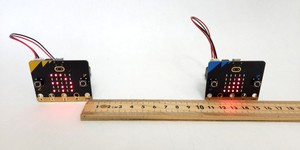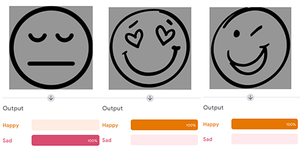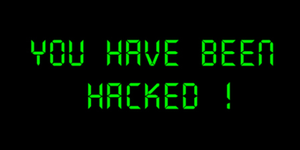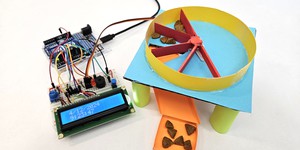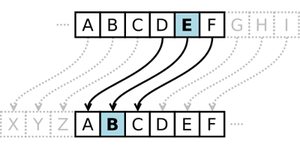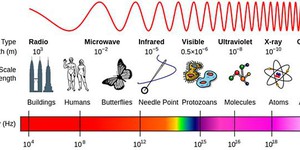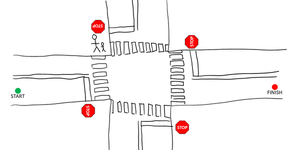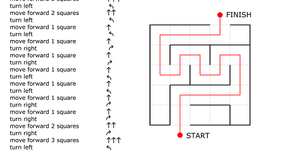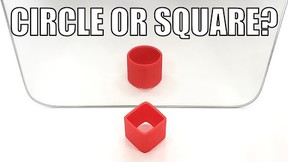Computer Science Science Experiments (67 results)
Fun science experiments to explore everything from kitchen chemistry to DIY mini drones. Easy to set up and perfect for home or school. Browse the collection and see what you want to try first!
From cell phones to social media, computer science is a part of your daily life. Everything from traffic lights to medical devices requires both computer hardware and software these days. Creative problem solvers are using computer science to tackle social problems, improve agriculture, make great entertainment, and start exciting new companies. What could you create and innovate with a bit of tinkering and programming?
|
Select a resource
Sort by
|
How do you feel right now? Do you remember how you felt a few hours ago? How about yesterday or last Wednesday? What if you could track your emotions throughout the day and use this information to help improve your mood and well-being? In this science project, you will program a simple, pocket-sized device that you can carry around with you to log your feelings whenever you want or on a specific schedule.
Read more
Are you ever annoyed by a poor Wi-Fi signal? What about when you try to send a text message, and it just won't go through because of poor cell service? Have you ever wondered what factors affect the strength of your signal and the speed of the connection? If so, this project is for you!
Read more
Do you think artificial intelligence (AI) is too complex to use? Think again! In this project, you will use AI to teach a web-based tool to classify happy and sad faces, or other objects, poses, or sounds. This experiment requires no coding skills; instead, you will need curiosity, creativity, and a critical eye. Why not give it a try yourself?
Read more
We use passwords every day for our email and other computer accounts. How secure is the password that you use? How hard would it be for someone to guess your password? How hard is it to write a computer program to guess a password? You can see for yourself by writing a simple password guesser in the computer language Python. We will get you started with some ideas, a little sample code, and a few passwords for your computer program to try and guess.
Read more
Does your dog get bored when you are not home? Do you ever toss them a few treats right before you head out the door? What if you could keep them busy by automatically dispensing treats throughout the day? What about training them to sit in a certain place or even press a button by automatically rewarding them with treats? In this project you will build your own automatic dog (or cat, or other pet) treat dispenser that you can customize to react to different sensors.
Read more
When you hear the word "encryption," you might think about modern computers and things like email and online bank accounts. But did you know that encryption has been around for thousands of years? In this project you will learn about the Caesar cipher, a simple type of encryption that replaces each letter of the alphabet with another letter, and demonstrate how a modern computer can crack this ancient code in just a few seconds.
Read more
STEM Activity
13 reviews
If you need to send a secret message to a friend, how could you prevent other people from reading it? One way is to encrypt the message, or use a secret code that only you and your friend know. Try this activity to learn how to create your own "Caesar cipher," a popular type of code that is easy to learn.
Read more
Have you ever suffered from poor Wi-Fi reception for your smartphone, tablet, or laptop? Certain materials can actually block a Wi-Fi signal; do you think that could be part of your problem? In this science project, you will do an experiment to find out which materials cause the biggest drop in signal strength from a wireless router.
Read more
STEM Activity
92 reviews
How do driverless cars know what to do at an intersection? How do they know when they should stop and when it is their turn to go? What about yielding to pedestrians? In this activity, you will write your own algorithm, or list of steps, for a driverless car to follow when navigating through various road scenarios like stop signs, traffic lights, and roundabouts (traffic circles).
Read more
STEM Activity
52 reviews
You probably use computer programs every day. Every time you use the internet, play a video game, or us a smartphone, you are using computer programs. Do you want to learn a little bit about computer programming, without the need to actually use a computer? In this fun activity, you will write a “program” – a set directions for a volunteer to find their way through a maze. Can you help them find their way through without crashing?
Read more
|




